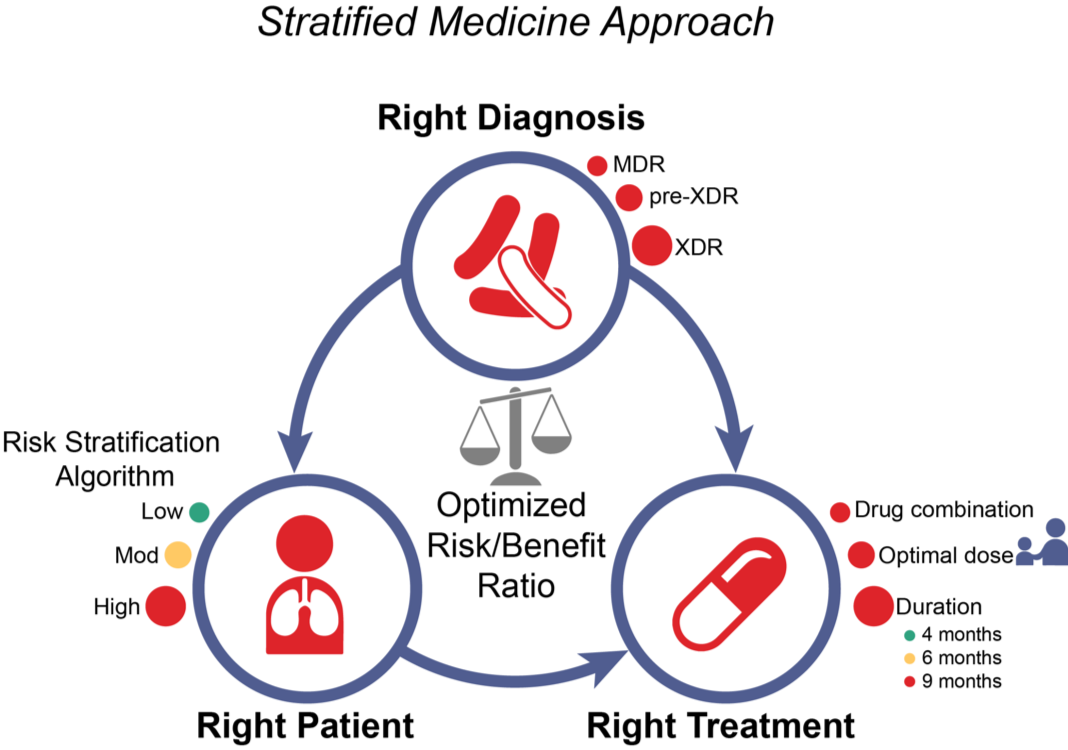
Family caregivers are an important part of keeping people living at home as they age. They offer assistance with personal care, housekeeping and cooking, transportation, and companionship. Many states pay caregivers.
What is the average pay for caregivers?
Caregivers get paid a percentage of the wages they earn from their employer. The wage of caregivers is not guaranteed. It can change depending on which state they reside in. Some states pay a flat rate per hour that is fixed at a specific amount, while other states pay a fixed salary based upon the number of working hours.
Are there any programs that pay family members to take care of elderly parents?
Some programs reward caregivers who take care of elderly parents. These programs vary from state to state, and they all come with a variety of eligibility requirements. Our Paid Caregiver Program Locator can help you find programs that could be right for your needs.

Are there any perks or benefits that can help you make the most of your job?
A company offering healthcare insurance is one of the most important factors to consider when looking for a job. This can protect you not only from future medical bills but also ensure you remain healthy during your employment.
Other perks that you should consider include holiday pay, vacation time, and paid sick leave. Employers who provide benefits like these to their employees often have better records and are more reliable.
Do a thorough job of identifying what your aging parents need, and then do a little research to see if they qualify for any of the programs that pay caregivers. It will allow you to determine which tasks should be delegated to family members and which ones can be outsourced. You will be able to create a plan that your parents as well as you can be proud.

List the caretaking tasks you're responsible for and rate them as they are completed. This will give you a good idea of how much help you really need.
You should also discuss the situation with your aging parent and set limits. For example, if your aging parent has a physical disability that makes it difficult to do some things on their own, you should try to avoid those activities. Knowing what tasks you are capable of doing on your own is important.
If you're not confident or capable of doing certain tasks yourself, then hiring a professional may be your best option. Whether it is a professional care aide or a caregiver from a home health agency, you will want to be sure that they are licensed and bonded in your state. For them to care for your elderly loved ones, they will also need to undergo a background screening and complete a training class.
FAQ
What are the three main objectives of a healthcare program?
Healthcare systems should have three primary goals: Provide affordable healthcare, improve health outcomes and reduce costs.
These goals were combined into a framework named Triple Aim. It is based on research by the Institute of Healthcare Improvement (IHI). IHI published it in 2008.
The idea behind this framework is that if we focus on all three goals together, we can improve each goal without compromising any other goal.
This is because they aren't competing against one another. They support each others.
A better access to care can mean fewer deaths due to inability to pay. This lowers the overall cost for care.
It is also important to improve the quality and cost of care. And it improves outcomes.
What are the three levels in health care facilities
The first level is general practice clinics which provide basic medical services for patients who do not require hospital admission. They may also refer patients if needed to other providers. This can include nurse practitioners, general practitioners, and midwives.
The second level of care is primary care centers, which provide outpatient services that include emergency care. These include hospitals.
The third level are secondary care centers, which offer specialist services such eye surgeries, orthopedic surgery, and neurosurgery.
What role do I play in public health?
Participating in prevention activities can help you protect your health as well as the health of others. By reporting illness and injury to health professionals, you can improve public health.
What is a health care system in public health?
The Health System is a collection of all activities that are involved in providing health services to a population. It covers service delivery, financing and regulation as well as education, training, information systems, and research.
What will be the impact on the health care industry if there will be no Medicare?
Medicare is an entitlement program that offers financial assistance to low-income families and individuals who can't afford their premiums. This program provides financial assistance to more than 40 million Americans.
Millions of Americans will lose coverage if the program is not implemented. Some private insurers may stop offering policies to pre-existing patients.
What are the three types?
The first system is a traditional system where patients have little choice over who they see for treatment. They might go to hospital A only if they require an operation. Otherwise, they may as well not bother since there isn't any other option.
The second system is a fee-for-service system where doctors earn money based on how many tests, operations, and drugs they perform. If they aren't paid enough, they won’t do extra work for you, and you’ll pay twice as.
A capitation system, which pays doctors based on how much they spend on care and not how many procedures they perform, is the third system. This encourages doctors use of less expensive treatments, such as talking therapies, instead of surgical procedures.
What does "public" really mean in public healthcare?
Public Health refers to the preservation and enhancement of the health status of the community. It is concerned with preventing diseases, injuries, and disabilities, as well as promoting healthy lifestyles; ensuring adequate nutrition; controlling communicable diseases, hazards to the environment, and behavioral risk.
Statistics
- Consuming over 10 percent of [3] (en.wikipedia.org)
- Healthcare Occupations PRINTER-FRIENDLY Employment in healthcare occupations is projected to grow 16 percent from 2020 to 2030, much faster than the average for all occupations, adding about 2.6 million new jobs. (bls.gov)
- Foreign investment in hospitals—up to 70% ownership- has been encouraged as an incentive for privatization. (en.wikipedia.org)
- About 14 percent of Americans have chronic kidney disease. (rasmussen.edu)
- Over the first twenty-five years of this transformation, government contributions to healthcare expenditures have dropped from 36% to 15%, with the burden of managing this decrease falling largely on patients. (en.wikipedia.org)
External Links
How To
What is the Healthcare Industry Value Chain
The entire healthcare industry value-chain includes all activities related to providing healthcare services to patients. This includes all business processes at hospitals and clinics. It also includes supply chains that connect patients to other providers like pharmacists and insurance companies. The end result is a continuum, which begins with diagnosis and ends at discharge.
There are four components to the value chain:
-
Business Processes – These are the tasks that individuals perform throughout the delivery of health care. A doctor might conduct an exam, prescribe medication and send a prescription to a pharmacy. Each step along the way must be completed efficiently and accurately.
-
Supply Chains - All the organizations involved in making sure that the right supplies reach the right people at the right time. A typical hospital has dozens of suppliers, including pharmacies, lab testing facilities, imaging centers, and even janitorial staff.
-
Networked Organizations (NO) - In order to coordinate the various entities, communication must exist between all parts of the system. Hospitals typically have many departments, each with its own set of offices and phone numbers. Every department will have a central point where employees can go for updates to ensure everyone knows what's happening.
-
Information Technology Systems (IT) - IT is essential in order for business processes to run smoothly. Without it, things would fall apart quickly. IT is also a platform that allows for the integration of new technologies into the system. A secure network connection can be used by doctors to connect electronic medical records to their workflow.